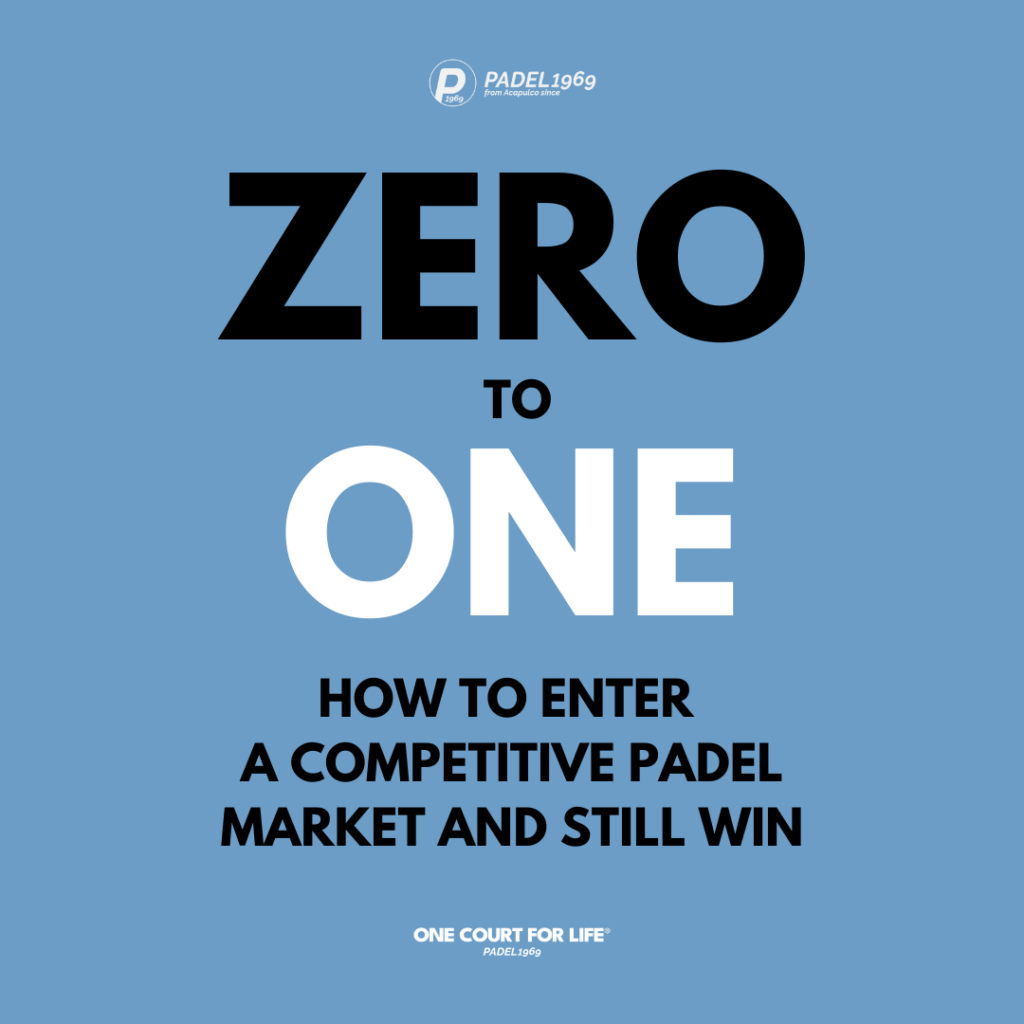By Atte Suominen – Founder & CEO at PADEL1969
Inspired by the thinking of Peter Thiel, author of “Zero to One”
When Peter Thiel wrote Zero to One, he wasn’t just giving startup advice—he was laying down a blueprint for how to create lasting monopolies by doing something fundamentally different. In his world, going from zero to one means creating new value, not just competing for a slice of the pie.
So what does that mean if you’re looking to build or invest in a Padel club in a growing market—one where competitors already exist and new ones are popping up every year?
You don’t just enter. You innovate. Here’s how to go from zero to one in Padel.
1. Don’t Compete. Create a Niche Monopoly
If you’re simply offering what every other club does—courts, memberships, coffee—you’re competing in a crowded space. Instead, find the underserved angle.
- Is there a premium customer segment that wants a private, members-only club experience?
- Could you build the first family-focused padel community, integrating childcare, youth academies, and weekend family events?
- Could you target remote vacation areas by building clubs that cater to second-home owners and short-term renters, offering seamless booking, rental equipment, and easy-to-join social games for a premium, hassle-free experience?
- Develop a specialised food & beverage strategy that aligns with your brand—whether that’s athlete nutrition, casual dining, or premium café culture—to turn your club into an all-day destination.
Go where others aren’t.
2. Start Small, Own It Fully
Thiel’s biggest lesson: Monopolies start with small markets. Amazon started with books. Facebook started with Harvard.
For you, this could mean:
- A single neighborhood or city, resort area, or business district with a loyal player base.
- A padel-as-a-service model for gated communities or boutique hotels.
- A club inside a club: creating a premium padel wing within an existing sports facility.
Start tight. Dominate. Then scale.
3. Build Proprietary Tech or Process
In a service business, your moat is in your execution and customer experience. Ask:
- Can your court booking app do more than competitors—social features, AI-based matchmaking, or training stats? Or should you create your own community app?
- Do you use data-driven dynamic pricing to optimize court usage and revenue?
- Can you create a centralized management system to scale operations across multiple clubs?
Proprietary systems make your club harder to copy and easier to grow.
4. Create a Brand That Means Something
Great companies don’t just sell products. They sell ideas.
What does your club stand for?
- Health and lifestyle?
- Inclusivity and community?
- Elite performance and pro training?
Build a movement, not just a club. Host leagues, social nights, training camps, and festivals that turn your brand into a tribe.
5. Think Long-Term, Act Fast
Thiel believes most entrepreneurs underestimate how long success takes. So while you move quickly to test and learn, build with the long game in mind.
- Secure long leases or land ownership to future-proof your costs.
- Build a trusted coach and operations team that can scale with you.
- Create a capital-light expansion model (e.g., franchise or management agreements) if you want to go beyond one location.
Closing Thoughts
Entering a market where padel is growing but competition already exists is not a death sentence. It’s an opportunity—if you dare to think differently.
To go from zero to one in padel, don’t ask how to compete. Ask:
– What’s missing?
– What’s painful?
– What would be 10x better?
Then build that.
Need advice about in investing in Padel sector?
Book a call with us if you want to build a Padel court and don’t know where to start, or contact us at [email protected] for more on our advisory services.
PADEL1969 | from Acapulco since 1969.

